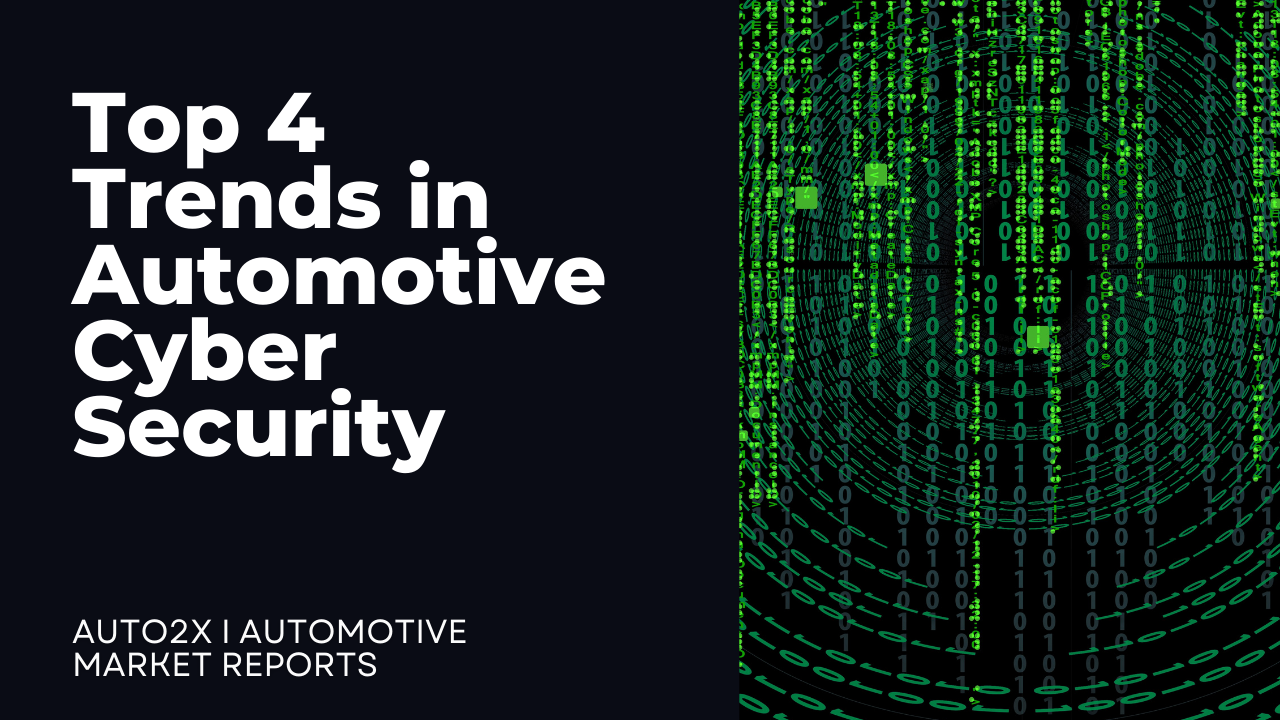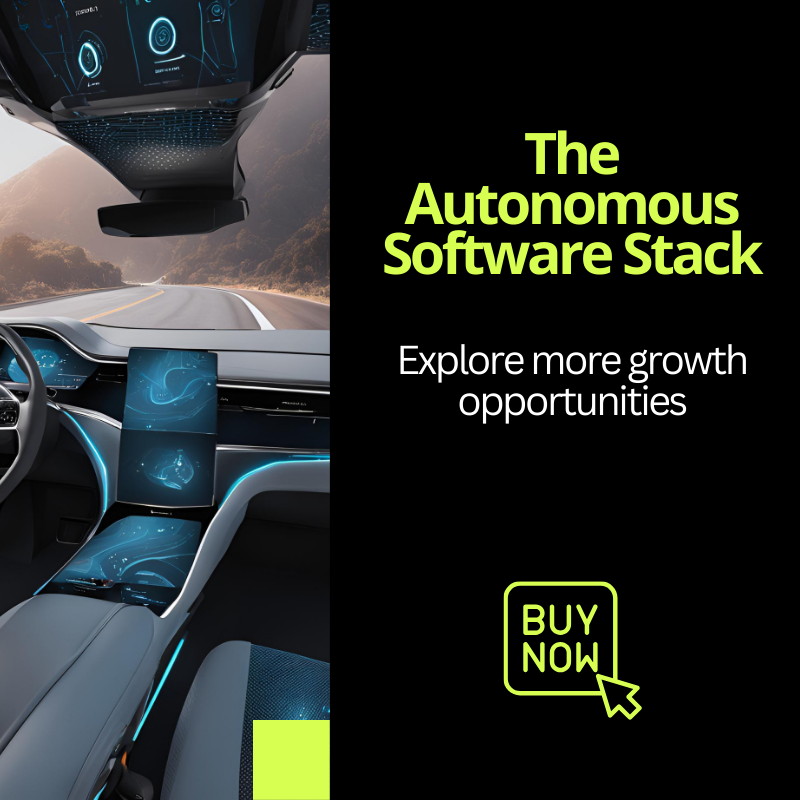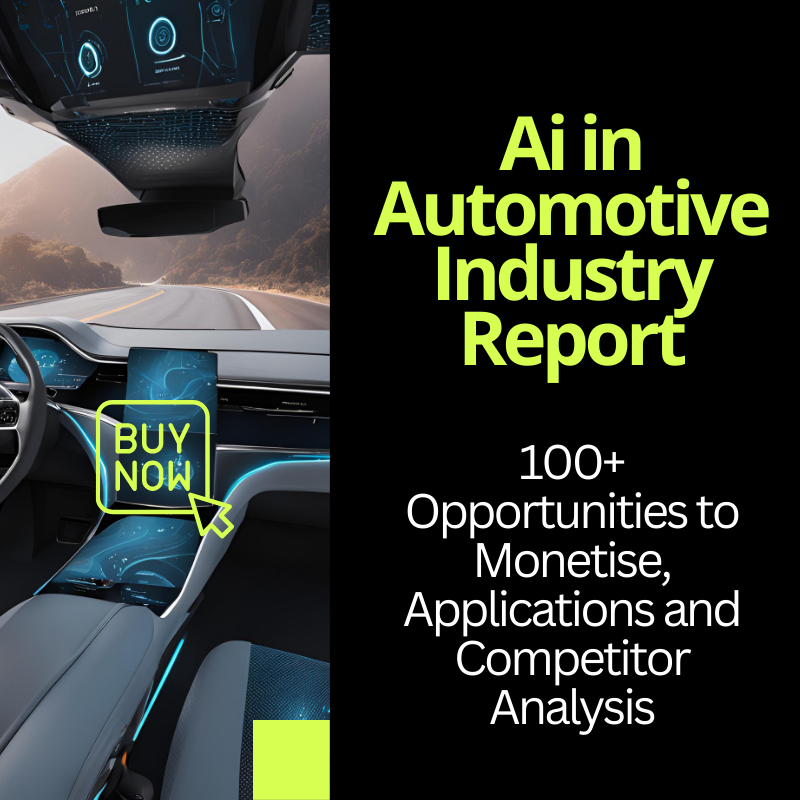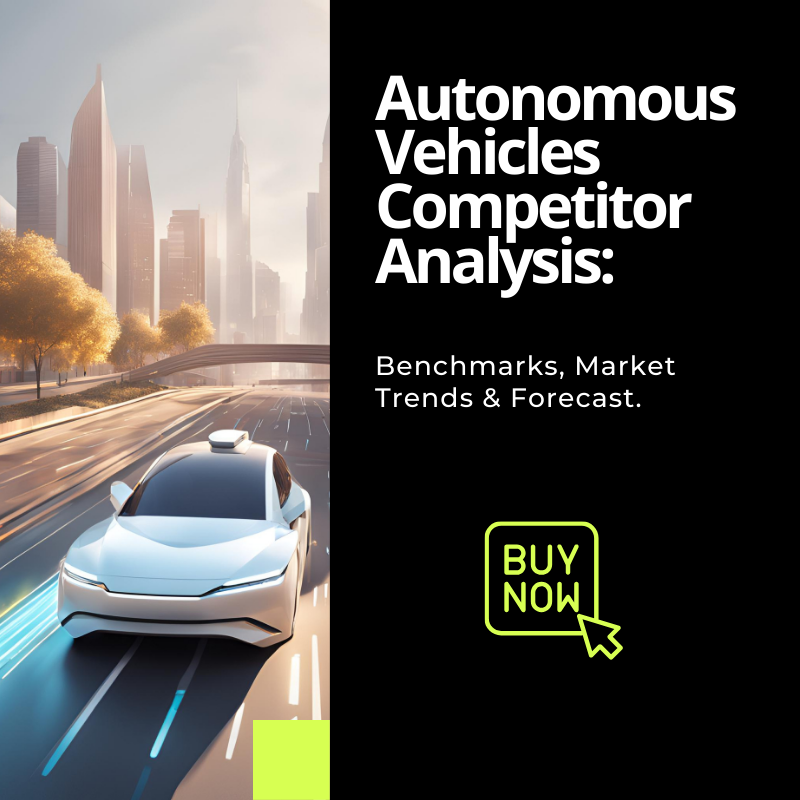Your basket is currently empty!
Top 4 Trends in Automotive Cyber Security
We are here to help! Contact us for custom research or automotive technology databases.
Posted by:
Published:

Automotive Cyber Security is being rapidly integrated into every stage of the product lifecycle with continuous evaluation of threat analysis driven by regulation and innovation.
Learn about strategic moves from Porsche, KIA, Microsoft, PlaxidityX (ex-Argus Cyber Security), Panasonic, LG, Valeo, and Green Hills Software.
Automotive Cyber Security Regulatory Compliance Is a Top Priority
UNECE regulations R155 & R156 require OEMs to implement cybersecurity management systems and secure vehicle software updates. The broad impact of these regulations across 64 countries necessitates a rapid and widespread integration of cybersecurity management systems.
The growing attack vector is increasing potential vulnerabilities, with KIA in the spotlight for hacks.
However, automakers are not the only ones subject to cyber threats.
Dealerships lost $1.02 Billion in business after CDK cyberattack, says AEG study
The Anderson Economic Group estimated dealerships lost 56,200 new-vehicle sales and $1.02 billion between June 19 and July 15 because of the CDK Global cyberattacks and subsequent software outages.
The Rising Importance of CyberSecurity Certifications
Certifications emphasize the growing importance of demonstrating compliance through certifications to gain trust and market access in regulated markets.
LG, Valeo, and Green Hills Software are pursuing ISO/SAE 21434 and UNECE R155 certifications to align with global standards.
LG secured the highest level of automotive cyber security certification “Level 3 CSMS” (Cybersecurity Management Systems) Certification for Vehicle Cybersecurity from TÜV Rheinland, a global testing and certification agency.
Certifications like Level 3 CSMS reflect a company’s ability to manage cybersecurity risks throughout product lifecycles, enhancing their market position as reliable suppliers.
Penetration Testing As Part of Product Validation
OEMs such as Ford Trucks are conducting vehicle-level penetration testing to identify and address potential threats as part of regulatory compliance and product validation.
Focus on Regular Bug Bounty Programs to Secure Digital Services
Porsche launched a four-week bug bounty initiative to identify vulnerabilities in digital services and vehicle systems through external cybersecurity researchers. The company says it will regularly launch Bug Bounty programmes to secure its digital services.
Integration of Cybersecurity into Development Lifecycles
New Product Launches to Integrate Security to Automotive Software Development
dSPACE and Argus Cyber Security (now PlaxidityX) joined forces in December 2023 to introduce automated cybersecurity testing capabilities, supporting CI/CD pipelines in automotive software development.
Moreover, platforms like Argus DevSecOps (launched in May 2024) integrate cybersecurity testing early in the software development process (“shift-left” approach).
Technologies such as Argus Fuzzing, integrated with dSPACE’s HIL systems, enable automated security testing early in the development cycle, supporting the “shift-left” paradigm in software engineering.
Finally, Panasonic’s VERZEUSE™ for TARA (Threat Analysis and Risk Assessment) can streamline compliance and threat analysis during vehicle development.
Collaborations To Enhance Product Scalability
The collaboration between Argus and Microsoft in June 2024 for end-to-end security platforms underlines the shift towards comprehensive and scalable automotive cyber security solutions integrated into development lifecycles.
Aftermarket Anti-Theft Vehicle Solutions
Argus Cyber Security launched vDome, an aftermarket anti-theft solution that leverages AI to identify and neutralize unauthorized device connections in real time.
Rising Demand for Real-Time, Turnkey Solutions
Demand for Turnkey Solutions is Rising
Mid-sized OEMs are increasingly outsourcing cybersecurity needs to specialists. AVL’s Ajunic® ECU solutions with embedded IDPS cater to these needs.
This trend supports the broader adoption of ready-to-deploy solutions to meet regulatory needs without extensive in-house expertise.
Real-Time Threat Detection and Prevention Is the Need of the Hour
The use of AI for threat detection, predictive analytics, and real-time threat neutralization is increasing.
Solutions like Argus vDome detect and neutralize malicious devices in microseconds, adding layers of real-time protection against cyberattacks.
The Outlook of Automotive Cyber Security
Rise of Cybersecurity-as-a-Service
Silicom is offering standardized edge devices for security-as-a-service, enabling scalable and subscription-based security solutions.
Expanded Use of Threat Intelligence To Cover Supply Chain
Bitdefender’s partnership with Ferrari indicates how automakers are tapping into advanced threat analytics to enhance automotive cyber security beyond vehicles, covering supply chains and communications.
Cybersecurity in Data Centers
The expansion of cyber risk management to data centre physical security (e.g., DeNexus) underscores the convergence of cyber and physical security in the automotive ecosystem.
AI-Driven Cybersecurity for Autonomous Vehicles
Research into vulnerabilities of AI in autonomous systems highlights the need for resilient and adaptive security measures.
University at Buffalo’s research into AI vulnerabilities in Autonomous Vehicles highlights the potential risks of AI-powered autonomous systems and stresses the need for resilient detection systems against malicious tampering.
Key Takeaways
Strategic focus: Companies align with global regulations and emphasise partnerships to tackle automotive cyber security at scale, across the whole product lifecycle.
Technological evolution: The Automotive Cyber Security industry is advancing towards automated, AI-driven, and proactive security measures.
Market adoption: Regulatory mandates and the increasing sophistication of cyber threats are accelerating market penetration of cybersecurity solutions
For a deep dive into product offerings, competition, and market outlook check our report.
Questions? We’re here to help! Contact us for custom research or automotive technology databases.
Want to Track the Latest Trends in Automotive?
- Discover 200+ opportunities,
- Explore 2000+ technologies,
- Connect with 3000+ companies.
Product Search
Use this search box to quickly find the most relevant products.
About us
Auto2x is a London-based market research firm specializing in the automotive sector. We deliver in-depth insights and analysis on industry trends, emerging technologies, and market dynamics, helping businesses stay ahead in the evolving automotive landscape.

Want to Track the Latest Trends?
- Discover 200+ opportunities,
- Explore 2000+ technologies,
- Connect with 3000+ companies.


